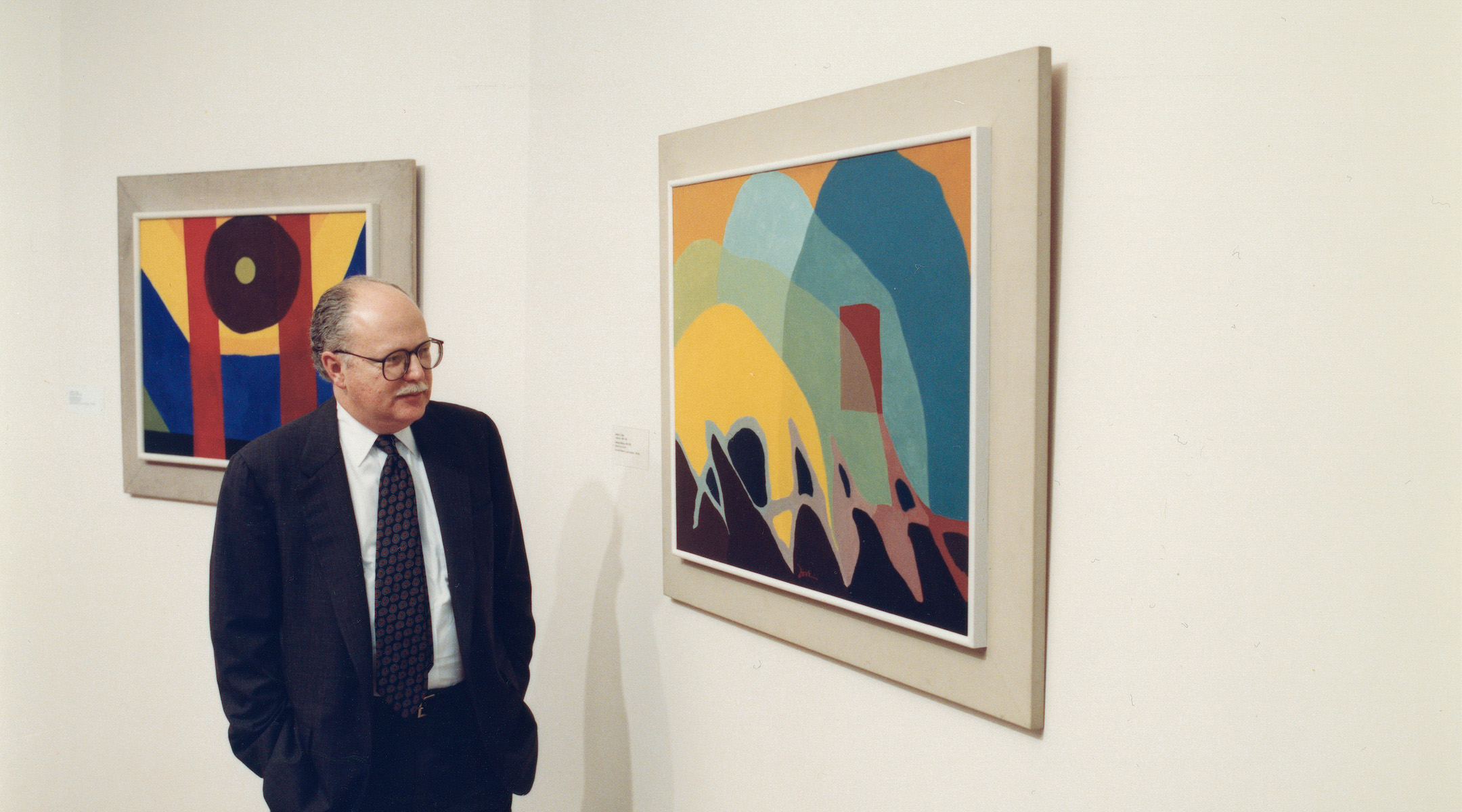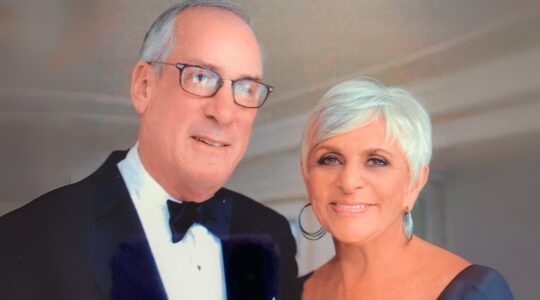BOSTON (JTA) — Alan Shestack, an influential American museum director and art history scholar, has died.
His decades-long career included top leadership roles at the Museum of Fine Arts in Boston, the Yale University Art Gallery and the National Gallery of Art.
Shestack died earlier this month at his home in Washington, D.C. He was 81.
He had multiple medical issues, according to Mervin Richard, his executor. Richard told the Boston Globe that there is no indication that his friend’s death was related to COVID-19.
Shestack spent some 20 years at the Yale University Art Gallery, rising quickly from assistant curator to director of the prestigious institution.
At the Museum of Fine Arts, which he led for six years starting in 1987, Shestack arranged for the return of fragments of 15th-century Egyptian wall paintings that a museum curator discovered may have been stolen from a destroyed tomb.
“I like to think of myself as an ethical person, so we decided to deal directly with the Egyptian government,” Shestack told The Washington Post. “I told the Egyptians that the pieces of art seemed to have come out illegally.”
Among his enduring achievements at the Boston museum, according to its director, Matthew Teitelbaum, Shestack broadened the collection of contemporary art. He later returned to the National Gallery, where he served as deputy director and chief curator for some 15 years until retiring.
Among the New York native’s books was the award-winning “Hans Baldung Grien: Prints and Drawings,” which he co-authored with James Marrow while the two were at Yale.
Marrow, now an art history professor at Princeton, fondly recalled their four-year collaboration, when they had “ample opportunity to discuss our shared Jewish backgrounds,” he wrote in an email.
Shestack’s wife, Nancy Jane Davidson, died four years ago. He is survived by a foster daughter and two grandchildren.
JTA has documented Jewish history in real-time for over a century. Keep our journalism strong by joining us in supporting independent, award-winning reporting.






